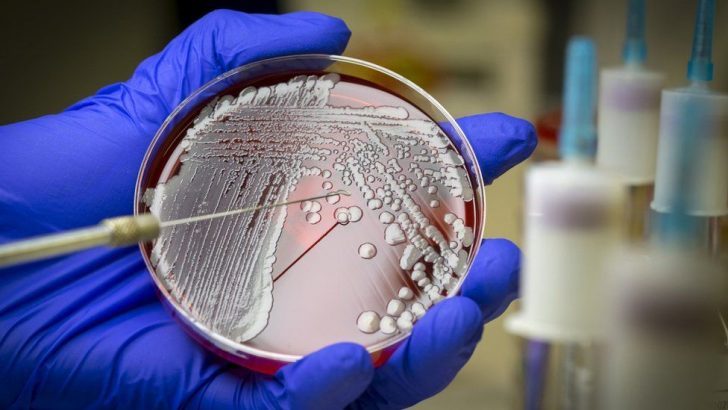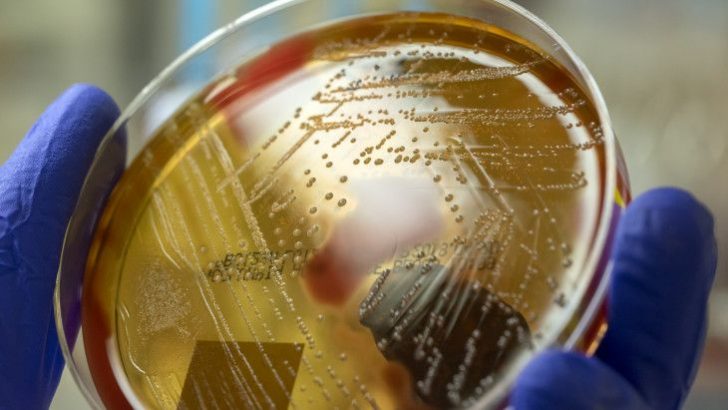The rise of antibiotic-resistant bacteria is a constant threat to human health. That is why finding new effective drugs is the necessity of the day. Thanks to advances in artificial intelligence, researchers from MIT and McMaster University have discovered a new antibiotic capable of destroying Acinetobacter baumannii.
This opportunistic bacterium plagues many hospital settings and is highly resistant to existing drugs. This breakthrough is a perfect example of how AI is assisting in medical research and drug discovery.

The Utilization of AI Technology
The researchers used machine-learning algorithms to identify molecules capable of disrupting Acinetobacter baumannii’s membrane. AI algorithms can analyze thousands to millions of images or data points, equivalent to hundreds of drug particle compositions, and determine the most promising candidates.
It was an incredible feat given that the team scanned 6,000 candidates from numerous drug libraries. However, MIT researchers were able to produce a molecule named halicin, which displayed success in combating Acinetobacter baumannii.
How the Molecule Halicin Works?
Essentially, the molecule Halicin was not developed specifically for Acinetobacter baumannii. But researchers found that it worked efficiently against the bacterium. Thus, preventing it from replicating by interfering with its energy production process.

Additionally, it was found to be successful in destroying many bacterial types, including strains of Mycobacterium tuberculosis, according to lab tests. In other words, if there are some drug-resisting bacteria in one’s body, this compound will destroy them all. The best part is that this discovery was only possible with the help of artificial intelligence (AI.)
Likewise, it also significantly reduced the number of inflammatory chemicals produced by macrophage immune cells during infection. Eventually, increasing potential applications for use as an antibiotic. Thus, it is apparent that the discovery a milestone achieved by MI researchers.
Why Is Halicin Vital
Antibiotic resistance is a considerable health concern worldwide. Antibiotic-resistant bacteria are often caused by the overuse of antibiotics, frequent or improper use of antibiotics, and years of underfunded research.
Infections caused by Acinetobacter baumannii can be severe and difficult to treat, particularly in hospital environments, increasing the risk of death. Therefore, the discovery of halicin has significant potential implications for healthcare concepts, especially with the current focus on COVID-19 patients.

Quick Sum Up & Recap
The discovery of a new antibiotic using AI technology to aid in medical research is groundbreaking. Particularly, in this age of antibiotic resistance. The use of AI algorithms to discover new medicines is redefining medical research. Thus, providing faster and more efficient drug development procedures with the potential to save lives.
However, the halicin discovery is just one example of how the combination of AI and medical scientists can achieve groundbreaking success in combating serious diseases. In the upcoming years, medical researchers are pretty sure that with the help of AI, they will be coming up with more fruitful discoveries.
